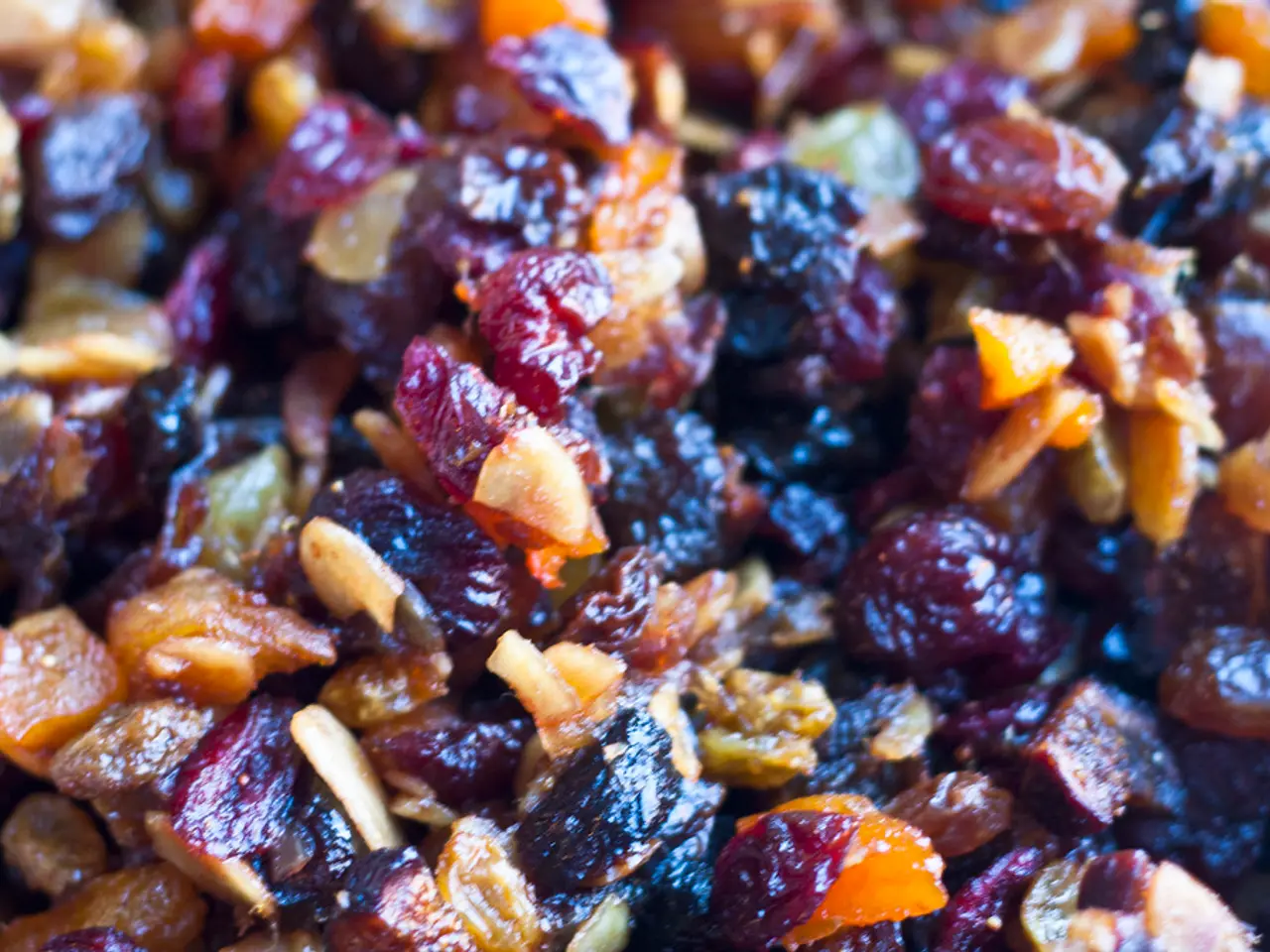Fast-food titan Haldiram's introduces plant-based alternatives to their regular meat menu items.
In the ever-evolving food industry, traditional companies are increasingly embracing new trends, and Haldiram's, a well-known name in the Indian food sector, is no exception. Founded in 1937, the food company has expanded its horizons, partnering with GoodDot, a leading plant-based meat player based in Udaipur, India.
Haldiram's began as a CPG company specialising in confectionery and snacks, but over the years, it has grown to encompass a fully vegetarian restaurant chain. Now, the company is set to introduce a new addition to its menu—GoodDot's popular soy-based meat alternative, soya chaap.
GoodDot, established in 2016, is one of India's earliest and most well-established plant-based meat players. Their soya chaap is made from a blend of soybean flour, wheat protein, whole wheat and refined wheat flours, and gram flour. Each 100g serving contains 15.4g of protein, 3.5g of fibre, zero cholesterol, and only 0.2g of fat.
This partnership is a strategic move by Haldiram's, as research suggests that integrating plant-based meat into local cuisines can help position them as tasty and indulgent offerings on foodservice menus. In fact, 37% of Indians are looking to add more plant-based proteins to their diets this year, with protein content and health being the most influential drivers of plant-based food consumption in India.
Affordability, however, remains a significant barrier to plant-based food consumption in India. To address this, Haldiram's, known for its accessible prices and local cuisine, has ensured that the soya chaap will be priced affordably.
The meat-free product will be available in Haldiram's tandoori platter at all stores in the National Capital Region, including Delhi, Gurgaon, Noida, Faridabad, Ghaziabad, and more. This move is significant, as more Indians are expressing a desire to reduce their meat intake. Two in five Indians want to reduce the amount of meat they eat, and despite only 11% having tried plant-based meat, more Indians want to increase their intake of these products (43%) than conventional meat (36%).
GoodDot's product range includes mutton-style bites, chicken-like chunks, BBQ tikkas, biryani, and an egg-free scramble. These additions to Haldiram's menu are sure to cater to the growing demand for plant-based options in India.
In a broader context, the Indian government is also taking steps to encourage plant-based food consumption. In the upcoming reform of its Goods and Services Tax, plant-based milk and texturised vegetable proteins will see their tax rate reduced from 12-18% to 5%, on par with milk beverages, butter, ghee, cheese, and sausages.
As more companies like Haldiram's embrace plant-based options, it's clear that the future of the food industry in India is shifting towards more sustainable and health-conscious choices.
This article is authored by Anay Mridul, a news reporter with a passion for coffee, plant-based milk, cooking, eating, veganism, food tech, writing, profiling people, and the Oxford comma.
Read also:
- Trade Disputes Escalate: Trump Imposes Tariffs, India Retaliates; threatened boycott ranges from McDonald's, Coca-Cola to iPhones
- Nepal's Journey: Evolution from Street Life to Political Power
- Li Auto faces scrutiny after crash test involving i8 model and a truck manufacturer sparks controversy
- Celebrated Title: Cheesemakers Blessed Upon




